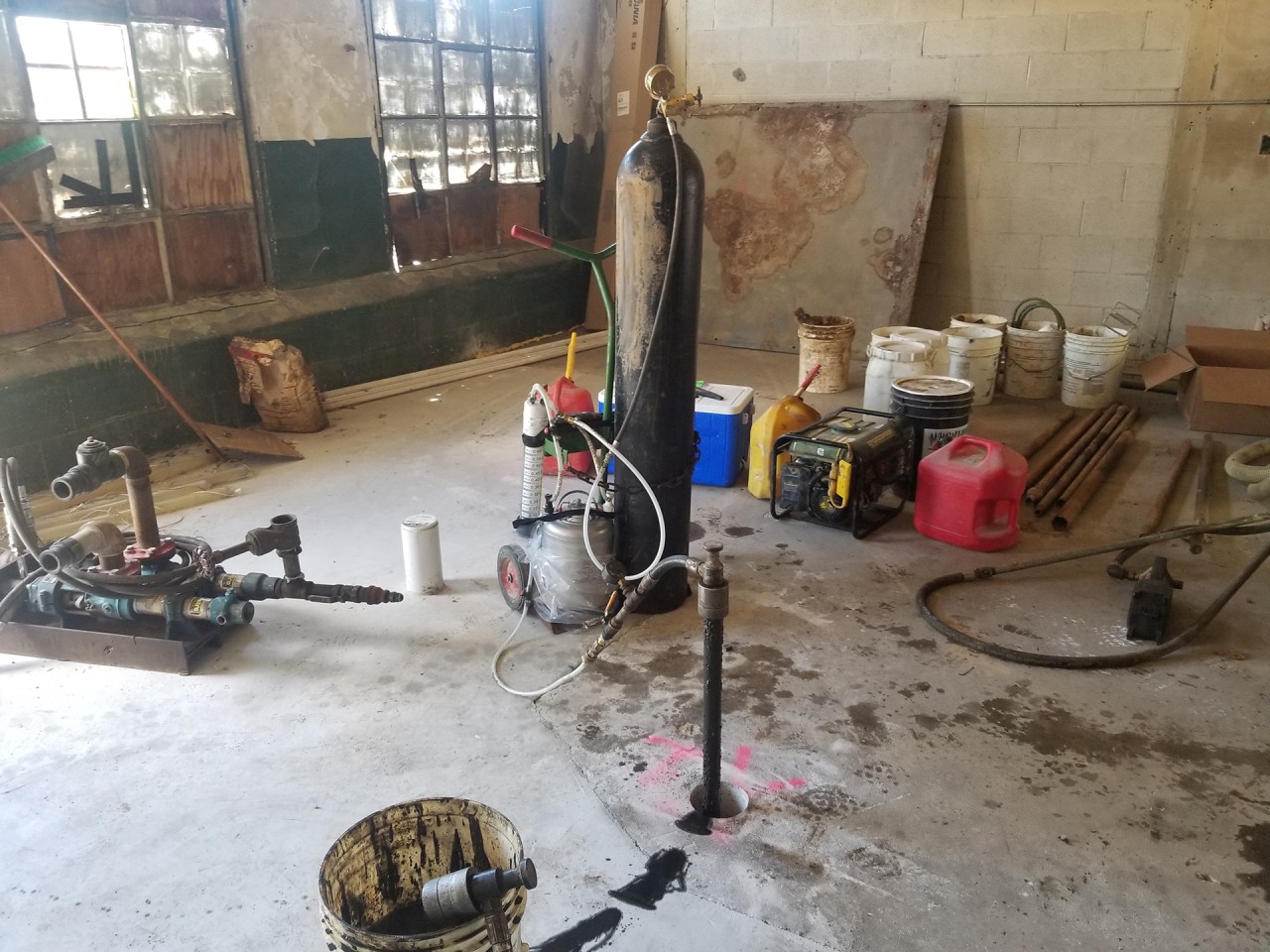How to ensure environmental due diligence
Environmental due diligence — the first step in any commercial land transaction — is critical to evaluate environmental conditions and risks associated with a property. Whether you are a property owner, developer, lender or local government official, environmental due diligence and proactive risk management can help you make informed decisions during property negotiations.
Below, we discuss different types of environmental due diligence and why you need an environmental professional to conduct such assessments and develop appropriate remediation measures based on the outcomes.
Types of environmental due diligence
Site assessments are a key component of environmental due diligence in most land transactions. While the primary aim is to identify and quantify environmental risks, site assessments also consider how environmental conditions and remediation costs will affect the valuation of the property in question.
Although they are developed according to standards from the American Society of Testing and Materials International (ASTM), most site assessments must be customized to address the unique facets of each transaction. The following table lists some of the most common environmental appraisals used for development projects on brownfield sites and other vacant properties.
| Assessment types and what they measure | |
|---|---|
| TYPE | CRITERIA |
| Phase I Environmental Site Assessment (ESA) |
|
| Phase II ESA |
|
| Environmental Questionnaire |
|
| Record Search and Risk Assessment (RSRA) |
|
| Transaction Screens |
|
Depending on the redevelopment scope, additional measures may be required to satisfy environmental due diligence, including:
- Feasibility studies. A feasibility study gathers comprehensive historical data on a property and its surroundings, including site layout, utility infrastructure, permitting information and cost estimates. This determines the viability of redevelopment projects.
- Critical issues analysis. This type of investigation is typically conducted on sites proposed for renewable energy projects. In addition to conventional and natural resource environmental due diligence, a critical issues analysis considers atmospheric factors, like wind speed, available direct solar radiation, wind cover and other details.
Thorough environmental due diligence requires professional expertise and, per ASTM standards, Phase I and Phase II ESAs should be only conducted by environmental professionals. Partnering with a trusted team of environmental professionals helps ensure you receive meticulous site assessments for redevelopment projects of any size.
Partnering with environmental professionals to conduct due diligence
At Fehr Graham, we have helped municipalities, developers and others accurately assess environmental conditions for commercial and industrial sites since the 1970s. Our team of licensed engineers and experienced environmental professionals conducts customized site assessments and other forms of due diligence to help you reduce project costs, secure available grant funding and ensure your redevelopment project complies with local municipal, state and federal regulations.
Whether you are redeveloping a junkyard, an obsolete factory or a vacant manufacturing building, Fehr Graham is a trusted name in environmental due diligence across the Midwest and beyond. We not only provide you with accurate and timely evaluations, but we also develop remediation plans to address all environmental concerns and ensure successful outcomes for your redevelopments.
Learn more about Phase I Environmental Site assessment costs and how partnering with Fehr Graham can help your community redevelop brownfields successfully. Contact us or give us a call at 920.453.0700 to get in touch with our team of licensed and experienced environmental professionals.
 |
Kelsey Bird is an Environmental Engineer who works to remove environmental
hazards to improve public health. Whether she’s completing an Environmental Site Assessment or groundwater
sampling or performing due diligence – her work helps communities thrive. She is a skilled researcher and
data tabulator. She shines as a grant writer. Kelsey is an expert in technical reporting and is part of a
team that works toward sustainable recreational facilities. Reach her at |
Collaborative, Insightful, Results-Driven Solutions
Fehr Graham provides innovative engineering and environmental solutions to help improve the lives and communities of our customers.

